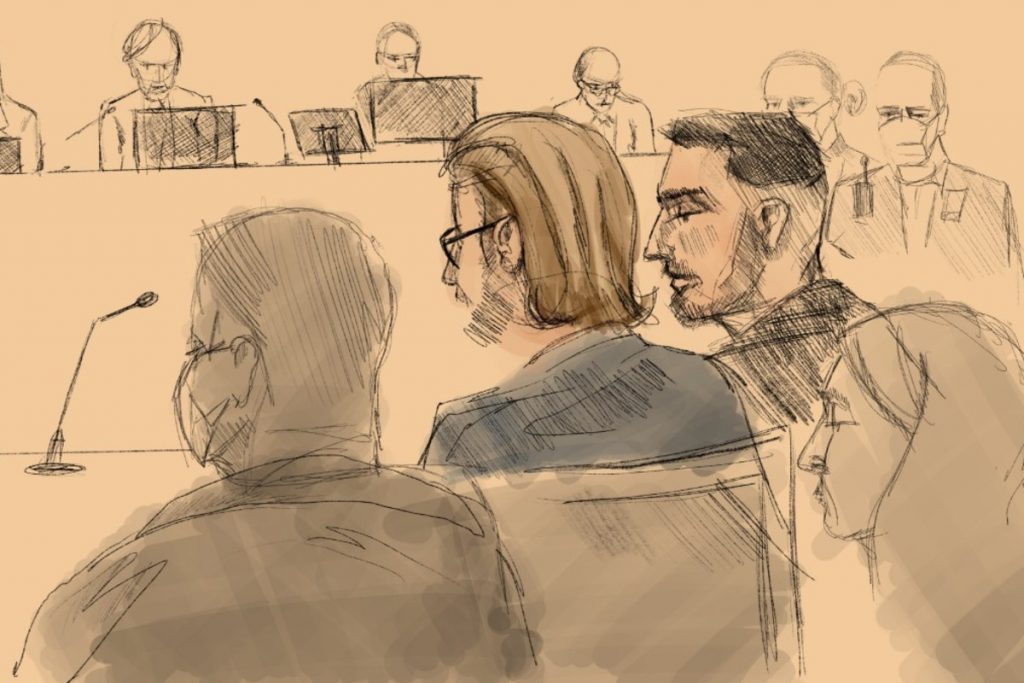Over the past year, the violation of several strict rules in the Swedish legal profession has received media attention. These are the planting of evidence in serious criminal investigations, attempts to influence prosecutors and witnesses who violate the restraining restrictions of their clients. The Bar Association has in many cases acted too late and too leniently towards these lawyers, however, some exemptions from the Society have come into force – which means that the practice is a professional ban on the person involved.
For those suspected of crimes, the lawyer is the most important guarantor of a fair trial and you will not be punished as innocent, if you are guilty – you will not be punished too severely. The lawyer has a great responsibility to protect that information. And the vast majority of qualified lawyers do their job well and follow ethical rules, but there is a risk that their rumors will be tarnished by those who do not even.
For example, a lawyer who can provide undue benefits to his client can quickly glorify himself by violating prison regulations and leaking information from outside the prison, diligently hiring and earning millions. Many lawyers testify that this stops competition for those associated with the rules.
For a number of reasons, it is difficult to know how many people actually help professional offenders through this type of improper service. But one thing is for sure, if these are not disclosed and regulated and you as a lawyer cannot succeed without violating legal ethics – we have serious legal protection issues.
To solve the problem, you need to start turning and turning several stones. After all, violating Swedish Bar Association protocols does not allow one to become a competitive advantage. There should be comprehensive penalties for comprehensive violations. It is a proposal from the Liberals that prosecutors can be suspended for serious crimes, but not grounds for dismissal, and this is questionable.
At the same time, the motivation for lawyers to excel within the framework of competence and professional ethics should be strengthened. In the UK, lawyers who have worked in law for 10 years or more and have excelled and have been nominated as the “Lord Chancellor” of the country can apply to join the “Queen’s Council”.
Lawyers on the Queen’s Council are assigned to particularly difficult and competent tasks and may receive higher hourly pay than the rest of the lawyers. In this way, the attorneys representing clients suspected of serious offenses are particularly experienced and competent, ensuring that they advance efficiently rather than providing benefits to clients outside the framework of legal ethics.
In Sweden of Equality, a queen’s adviser can be an odd bird, and clients’ chances of choosing a representative of their choice are reduced because only lawyers from this group can be selected for particularly serious crimes.
At the same time, the paradoxical interest of a legal profession competing by skill rather than ethical crime is paramount. Advancing as a lawyer through diligence and long work is an attractive carrot to stay within the rules. Perhaps this is something the Bar Association should take a closer look at.

“Passionate beer ninja. Extreme problem solver. Thinker. Professional web fan. Avid communicator. Hardcore troublemaker.”







More Stories
Mockingly mocking in the UK is illegal
Harvesting early and small peas in Britain
Saab is supplying the British Army with a new generation of Arthur radar